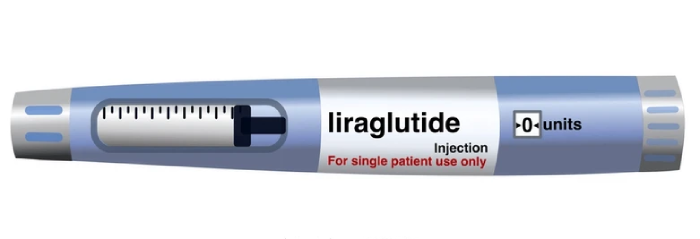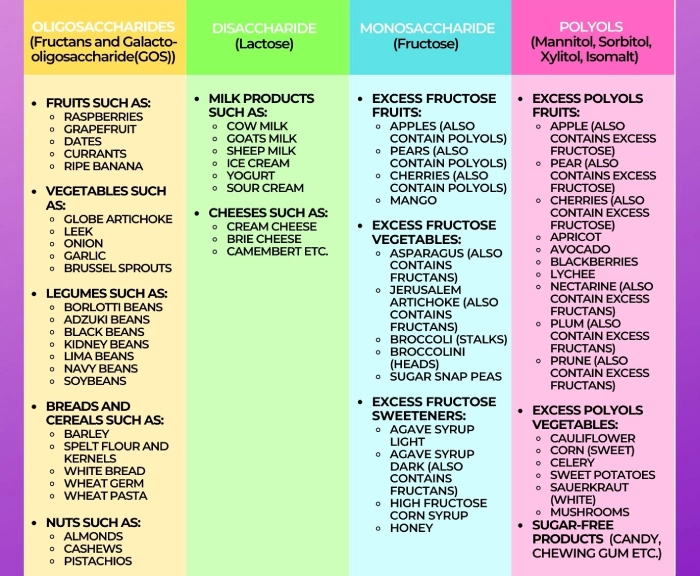How Targeting EZH2 and TGF-β Pathways Could Revolutionize Treatment for Therapy-Resistant Prostate Cancer
A recent study from Weill Cornell Medicine has uncovered a surprising role of the enzyme EZH2 in promoting aggressive tumor growth in prostate cancers that resist conventional treatments. This discovery could pave the way for novel therapies for patients with limited treatment options, adding to the growing understanding of how advanced prostate cancers develop resistance to androgen receptor-targeting drugs.
Prostate cancer remains one of the leading causes of cancer-related deaths among men, accounting for over 30,000 deaths annually in the United States. Initially, most prostate cancers respond to treatments that block androgen receptors. However, over time, some tumors evolve into a highly aggressive, treatment-resistant form known as neuroendocrine prostate cancer. This form of cancer no longer relies on androgen signaling, making it particularly difficult to treat. As such, researchers are focusing on understanding how prostate cancer develops this resistance.
The study, led by Drs. Maria Diaz-Meco and Jorge Moscat at Weill Cornell Medicine, found that the absence of a protein called PKCλ/ι in prostate cancer cells allows EZH2 to drive tumor progression, even when androgen receptor inhibitors are used. Under normal conditions, PKCλ/ι limits the activity of EZH2. However, in cells lacking PKCλ/ι and treated with androgen receptor inhibitors, an altered form of EZH2 is produced. Rather than repressing tumor-suppressor genes, this altered EZH2 form accelerates protein production and activates growth factors like TGF-β, creating a microenvironment that supports cancer growth despite androgen receptor blockade.
“This study reveals a critical mechanism of treatment resistance in prostate cancer and suggests potential new therapeutic strategies,†said Dr. Diaz-Meco. “By understanding how EZH2 operates in this context, we may be able to make resistant tumors responsive to androgen receptor inhibitors again or target them with new treatments like immunotherapies.”
In preclinical trials, the research team targeted EZH2’s alternate functions and observed promising results. Inhibiting either protein synthesis or the TGF-β signaling pathway reversed resistance in PKCλ/ι-deficient prostate cancer cells. When EZH2’s alternative function was blocked, the cancer cells regained sensitivity to androgen receptor inhibitors like enzalutamide. Additionally, since TGF-β is linked to immune suppression within tumors, inhibiting this pathway could potentially improve the effectiveness of immunotherapy—an area where progress has been slow in prostate cancer treatment.
This research also highlighted that PKCλ/ι-deficient cancer cells possess a unique vulnerability that could be exploited with targeted therapies. Combining EZH2 inhibitors with androgen receptor-targeting drugs may offer a powerful strategy to slow tumor growth in such cases. However, the researchers warned that in cancers with high PKCλ/ι levels, inhibiting EZH2 could diminish the benefits of therapy. This underscores the necessity for personalized treatment plans, tailored to the specific molecular profile of each patient’s tumor.
The findings set the stage for clinical trials that could combine androgen receptor inhibitors with drugs targeting EZH2 or TGF-β for patients with therapy-resistant prostate cancer. By targeting these pathways, the research offers hope for overcoming androgen receptor resistance and expanding treatment options for one of the most challenging forms of prostate cancer.
Dr. Moscat emphasized the collaborative nature of the research, building on previous insights into the role of PKCλ/ι in cancer progression.
Commentary by YourDailyFit columnist Alice Winters:

The discovery of EZH2’s alternative role in driving treatment resistance in prostate cancer is a significant breakthrough in cancer research. This study highlights a complex but crucial pathway in prostate cancer biology, showing that the absence of PKCλ/ι triggers a shift in EZH2’s behavior, making it a potent driver of tumor aggression even in the face of androgen receptor-targeting drugs. This insight opens up a new frontier in treatment strategies for patients suffering from advanced prostate cancers that have evolved resistance.
One of the key strengths of this study lies in its identification of a vulnerable point in PKCλ/ι-deficient prostate cancer cells. By targeting EZH2’s alternative functions—either through protein synthesis inhibition or by blocking the TGF-β pathway—the researchers have proposed actionable therapeutic strategies that could restore sensitivity to androgen receptor inhibitors. This would be a game changer for patients who have exhausted standard treatments like enzalutamide.
Moreover, the potential synergy between EZH2 inhibition and immunotherapy is particularly noteworthy. While immunotherapy has had limited success in prostate cancer to date, the fact that TGF-β inhibition could enhance immune responses provides a promising new avenue. TGF-β’s known role in immune suppression within the tumor microenvironment has long been a barrier to effective immunotherapy, so this dual-target approach could significantly improve clinical outcomes.
However, this promising strategy does not come without its challenges. The study’s caution about the possibility of diminishing therapeutic efficacy in tumors with high PKCλ/ι levels is an important reminder of the need for precision medicine. Tumors are highly heterogeneous, and a one-size-fits-all treatment approach is unlikely to be effective. Personalized treatment strategies that take into account the molecular makeup of the tumor are essential for optimizing outcomes and minimizing the risk of counterproductive effects.
Additionally, while the findings are exciting, the path from preclinical results to clinical applications is fraught with hurdles. Clinical trials will be crucial to determine not only the efficacy of these combined therapies but also their safety and long-term effectiveness in real-world scenarios.
In conclusion, this study underscores the importance of understanding cancer at the molecular level and the potential for personalized, combination therapies in overcoming treatment resistance. As we await clinical trials, the research offers hope that new, more effective treatments may soon be on the horizon for prostate cancer patients, particularly those whose tumors have become resistant to traditional therapies.



